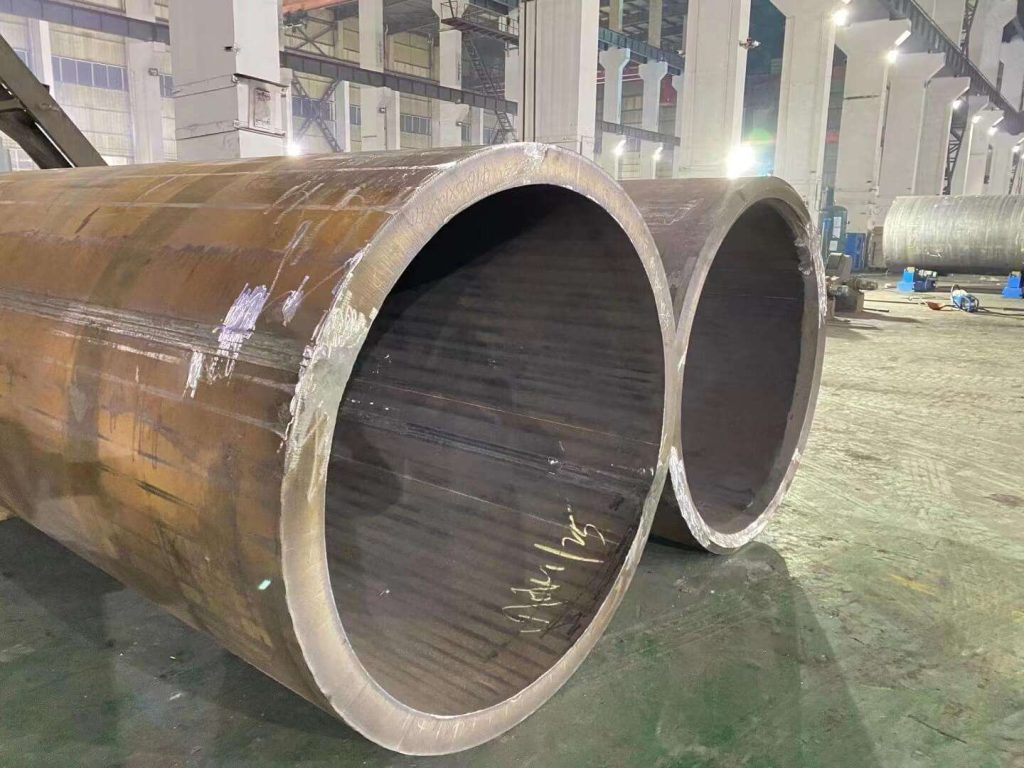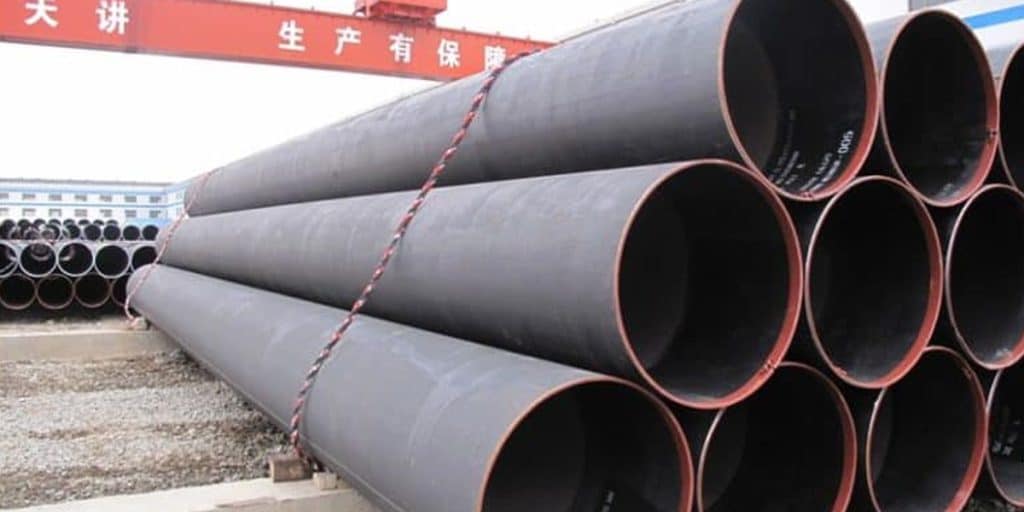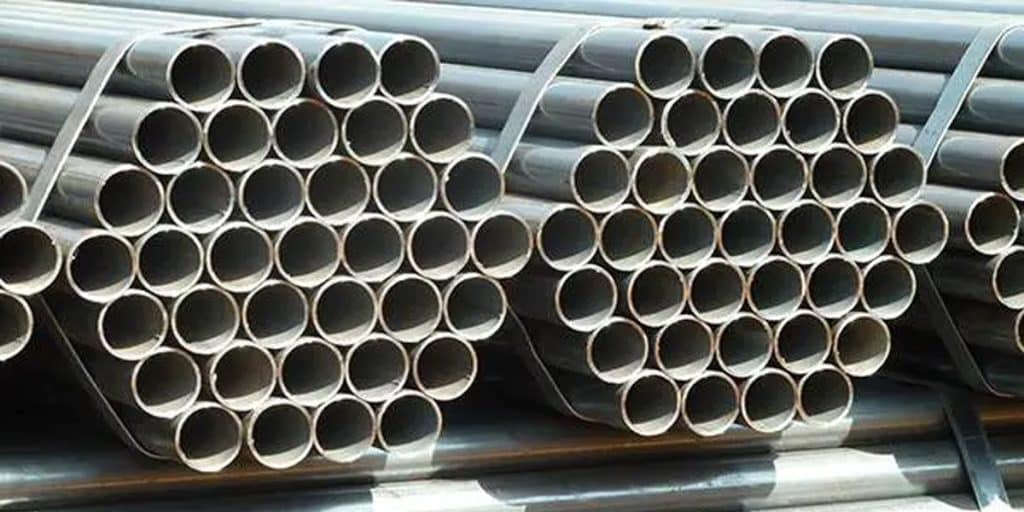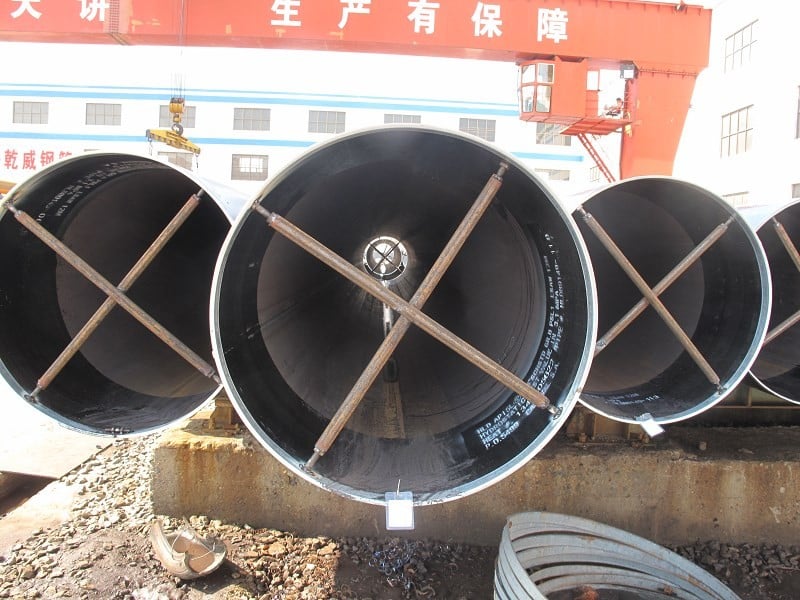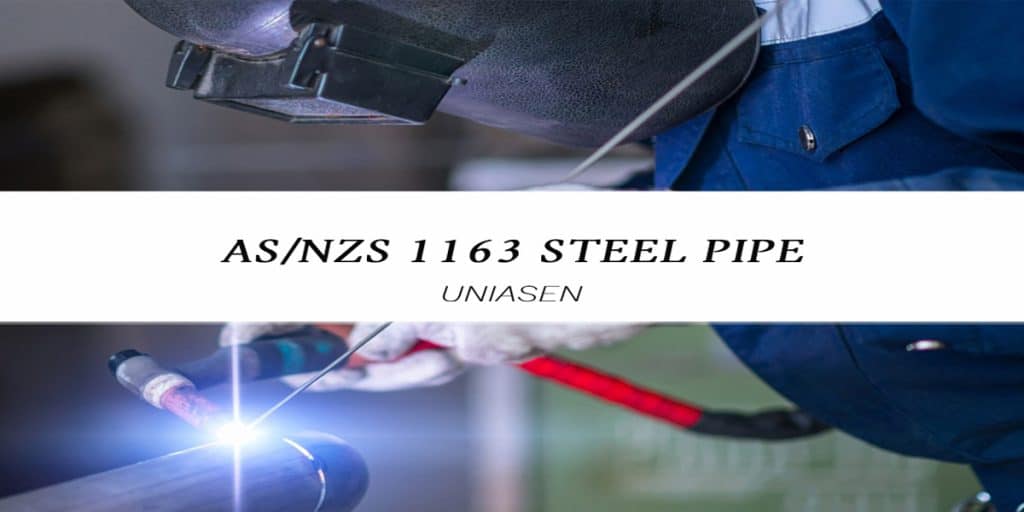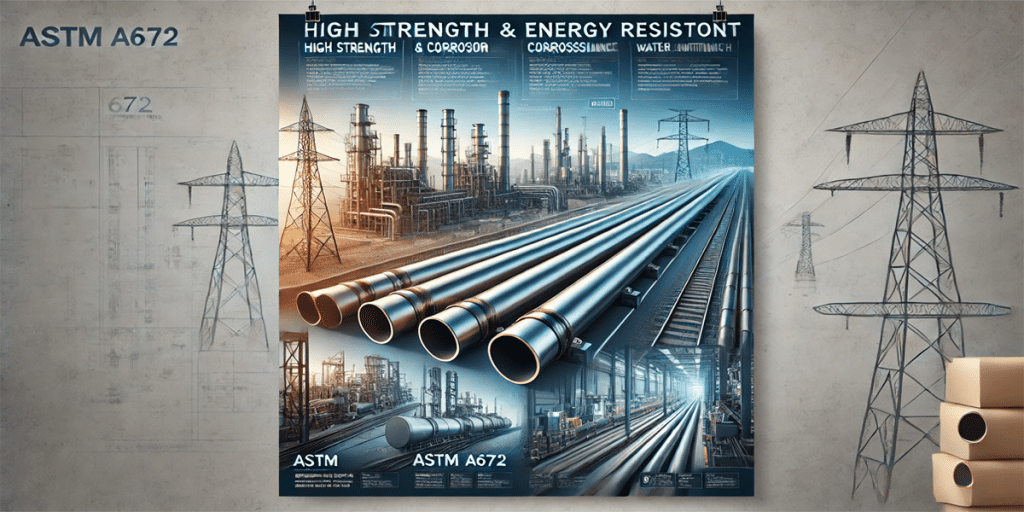- 1. Introduction to AS 1163 Standard and Material Characteristics
- 2. Typical Applications of AS 1163 Steel Pipes in Machinery Structures
- 3. Analysis of Strength Advantages of AS 1163 Steel Pipes
- 4. Processing Methods and Assembly Techniques of AS 1163 Steel Pipes
- 5. Why Choose AS 1163 Steel Pipes for Machinery Structural Components?
In the era of smart manufacturing and the continuous upgrading of high-end equipment, the demands on material performance for machinery structures are becoming increasingly stringent. AS 1163 steel pipes, compliant with Australian/New Zealand standards, are gaining popularity due to their excellent mechanical properties, superior weldability, and exceptional durability. These pipes are now being widely applied in various machinery structural components, ranging from heavy-duty construction equipment to precision manufacturing devices. This article will explore the diverse applications of AS 1163 steel pipes in machinery structures, highlighting how they contribute to building more reliable, high-strength, and efficient systems as industries advance towards greater safety, productivity, and intelligence.
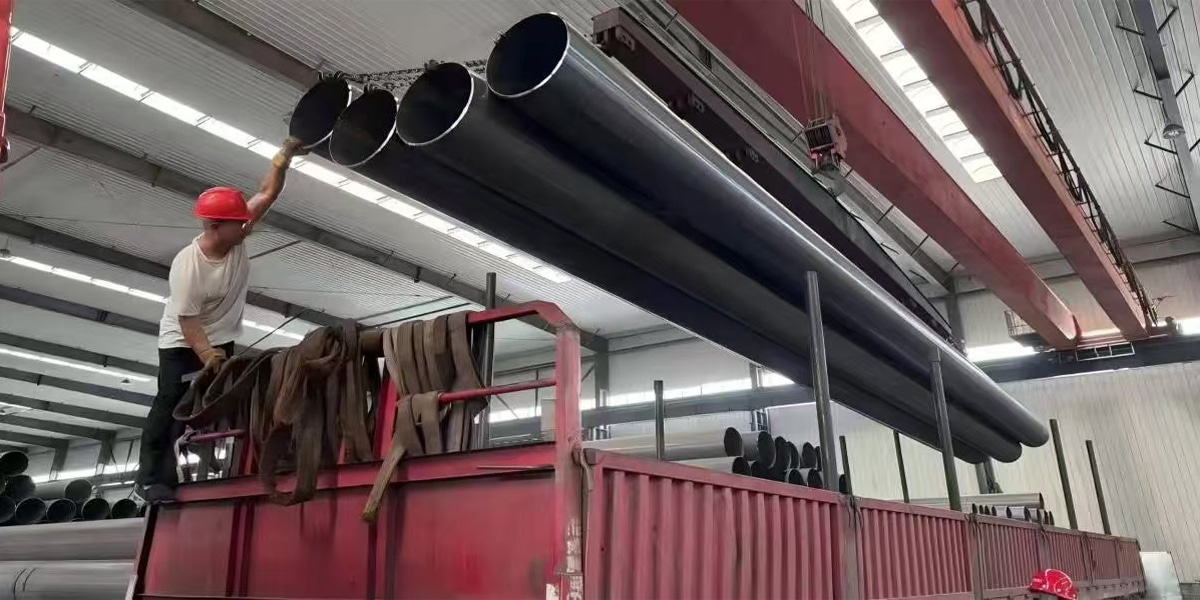
Introduction to AS 1163 Standard and Material Characteristics
The AS 1163 standard is jointly established by Australia and New Zealand for structural steel pipes, covering mechanical performance requirements, dimensions, surface treatment, and testing methods. This standard is widely used in construction, bridges, machinery structures, and other industries that require high strength and durability. AS 1163 steel pipes possess excellent material characteristics, including high strength, good weldability, corrosion resistance, and superior formability.
1. Strength and Toughness: Steel pipes under the AS 1163 standard typically offer high tensile and yield strengths, enabling them to withstand significant loads. This makes them ideal for use in high-strength supporting structures such as bridges, towers, and heavy machinery. Depending on specific grade requirements, the steel pipes provide different strength levels to meet various engineering needs.
2. Weldability: The materials of the AS 1163 standard steel pipes exhibit excellent weldability, suitable for a variety of welding methods. This ensures the stability of welded connections and the overall safety of the structure. AS 1163 steel pipes are widely used in complex structural designs due to this feature.
3. Corrosion Resistance: AS 1163 steel pipes have good corrosion resistance, making them suitable for use in harsh environments such as high humidity and marine climates. The pipes’ surface treatments enhance their resistance to corrosion, ensuring the integrity of the structure over time.
4. Formability: AS 1163 standard steel pipes offer excellent processing performance, meeting the requirements for various shapes and sizes. This flexibility is essential for complex engineering designs.
5. Grade Classification:
The AS 1163 standard classifies steel pipes into different strength grades, with common grades including:
C350L0 (for low-temperature conditions): This grade is suitable for structures used in low-temperature environments, offering good impact resistance and ductility.
C350: A standard strength grade, commonly used in general construction and machinery structures. It is widely applied in bridges, towers, and typical structural components.
C450: A high-strength grade, suitable for structures that require higher load-bearing capacity. It is commonly used in heavy machinery and high-load industrial environments.
Typical Applications of AS 1163 Steel Pipes in Machinery Structures
1. Construction and Bridge Structures: In modern construction and bridge engineering, AS 1163 steel pipes are commonly used for load-bearing structures, support frames, and bridge towers. Their high strength, good corrosion resistance, and weldability make them ideal for supporting the weight of large buildings and bridges. Especially with higher strength grades (such as C450), they meet the structural requirements of large-scale bridges and buildings.
2. Machinery Equipment Support Frames: AS 1163 steel pipes are widely used in support frames and structural components of various machinery equipment. Whether in mining equipment, construction machinery, or industrial machinery, steel pipes provide strong support structures, ensuring stable operation in harsh working environments. Their excellent formability and weldability allow them to meet complex design requirements.
3. Wind Power Turbine Towers: Wind turbine towers need to withstand immense wind forces and other external pressures, so material selection is particularly critical. AS 1163 steel pipes, with their high strength and corrosion resistance, are widely used in the construction of wind turbine towers. Their reliable performance ensures the stability and safety of the towers, even when exposed to harsh environmental conditions over extended periods.
4. Heavy Machinery and Lifting Equipment: In heavy machinery and lifting equipment, AS 1163 steel pipes are used to fabricate load-bearing frames, support arms, and other critical components in the machinery structure. By selecting the appropriate steel pipe grades (such as C350 or C450), these machines can operate safely under high-load conditions.
5. Energy and Oil & Gas Equipment: AS 1163 steel pipes are also used in the energy sector, particularly in the oil and gas industry. Steel pipes serve critical functions in oil rigs, pipelines, and other energy equipment, providing both transmission and support. Their high corrosion resistance makes them suitable for harsh marine environments and high-temperature, high-pressure conditions.
6. Sports Facilities and Large Equipment: In the construction of sports facilities, such as stadium seating and lighting towers, AS 1163 steel pipes are commonly used. The strength and durability of the steel pipes ensure the safety and longevity of these facilities over time.
Analysis of Strength Advantages of AS 1163 Steel Pipes
AS 1163 steel pipes, meeting the structural steel pipe standard of Australia/New Zealand, possess significant strength advantages, making them an essential material in various engineering and machinery structures. Their strength advantages are not only reflected in high tensile strength and yield strength but also in their performance under different load conditions. Below is a detailed analysis of the strength advantages of AS 1163 steel pipes:
1. High Tensile Strength: AS 1163 steel pipes feature high tensile strength, allowing them to withstand substantial tensile forces without breaking or deforming. Depending on the grade, AS 1163 steel pipes can achieve tensile strengths ranging from 350 MPa (C350) to 450 MPa (C450), with higher-strength grades offering even better performance. This high tensile strength enables the pipes to provide exceptional support in heavy machinery, bridges, and building structures.
2. Yield Strength: Yield strength refers to the maximum stress a material can withstand before it begins to undergo plastic deformation. The yield strength of AS 1163 steel pipes typically ranges between 350 MPa (C350) and 450 MPa (C450), depending on the grade. A higher yield strength means the pipes can maintain structural integrity under higher loads without experiencing permanent deformation.
3. Ductility and Toughness: AS 1163 steel pipes not only offer high strength but also possess excellent ductility and toughness. This means that when exposed to external impacts or tensile forces, the pipes can distribute stress and prevent crack propagation, thereby avoiding sudden fracture. These excellent properties are particularly important in applications where impact resistance and fatigue resistance are crucial, such as machinery equipment support structures and building supports.
4. Adaptability to Complex Working Environments: The strength advantages of AS 1163 steel pipes allow them to perform well in various complex working environments, especially in situations where dynamic loads are encountered. For example, in wind turbine towers, heavy machinery, and bridge applications, the high strength of these pipes can withstand the impacts of external loads and environmental factors, ensuring the safety and stability of the structure.
5. Meeting Diverse Strength Requirements: AS 1163 steel pipes are available in different strength grades, such as C350, C450, and C550, allowing them to meet various engineering strength requirements. This diverse range of options enables designers to select the appropriate pipe grade based on specific project needs, ensuring the safety and reliability of the structure. High-strength grades (such as C450 and C550) are particularly suitable for high-load applications, while medium-strength grades (like C350) are ideal for general structural applications.
6. Enhanced Structural Safety: With high strength and excellent fatigue resistance, AS 1163 steel pipes significantly improve the safety of structures. These pipes can maintain stability under long-term working loads without experiencing material fatigue or yield failure. In industries that demand high-strength support, such as oil and gas, mining machinery, and other heavy-duty sectors, the strength advantages of AS 1163 steel pipes are key to ensuring safe operations.
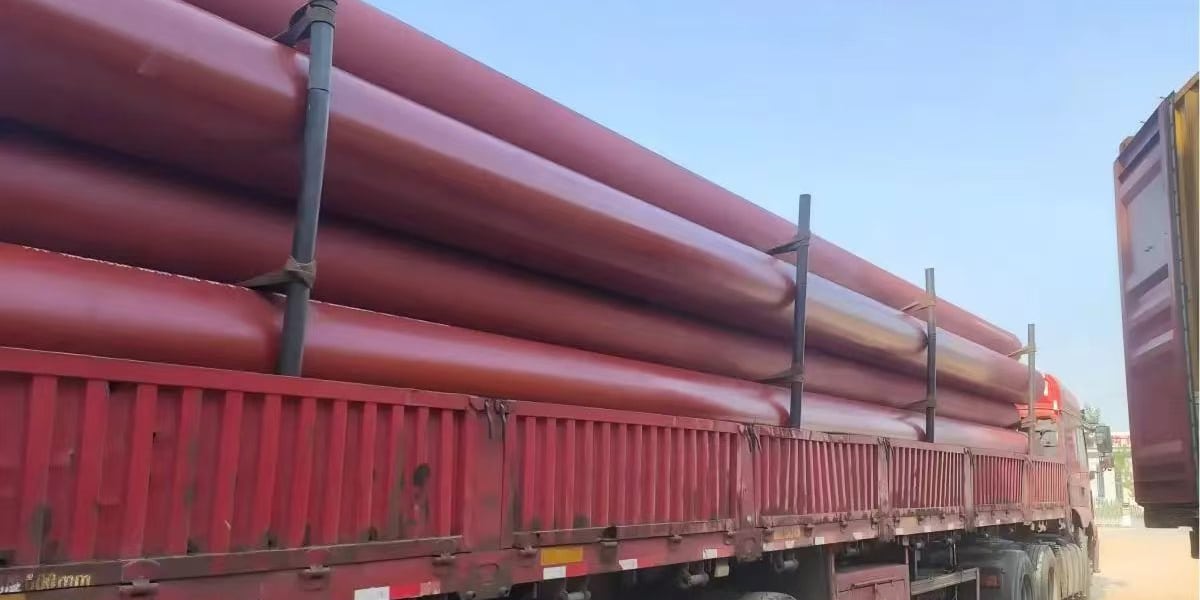
Processing Methods and Assembly Techniques of AS 1163 Steel Pipes
AS 1163 steel pipes, known for their high strength and excellent physical properties, are widely used across various industries. To ensure that these pipes meet different engineering requirements, appropriate processing and assembly methods must be employed. Below are the common processing and assembly techniques for AS 1163 steel pipes:
1. Processing Methods
The processing methods for AS 1163 steel pipes are typically selected based on the final application and specific requirements of the pipes. The main methods include:
(1) Cutting and Sawing:
AS 1163 steel pipes are usually cut before being used in order to meet the dimensional requirements of different structures. Common cutting methods include:
Mechanical Sawing: This method uses band saws or circular saws to cut the steel pipes, suitable for mass production and precise size requirements.
Laser Cutting or Plasma Cutting: These are used for high-precision and complex shape cutting. Laser cutting provides smooth edges, reducing the need for further processing.
(2) Bending:
For applications requiring changes in the direction of the pipes, bending is essential. Common bending methods include:
Roll Bending: Uses roll bending machines to cold or hot bend the steel pipes, suitable for large-radius bends.
Hydraulic Bending: Hydraulic pipe bending machines allow precise control of the bending radius, ideal for small-radius bends and high-precision requirements.
(3) Welding:
Welding is a common method for joining steel pipes, especially when long pipelines or complex structures are needed. Common welding methods for AS 1163 steel pipes include:
MIG (Metal Inert Gas) Welding: Suitable for welding thinner-walled pipes, offering high welding speed and good quality.
TIG (Tungsten Inert Gas) Welding: Used for precision welding where high-quality welds are required, often used for connecting small-diameter pipes.
Submerged Arc Welding: Used for welding large-diameter and thick-walled steel pipes, providing stronger weld strength.
(4) Surface Treatment (Internal and External):
Steel pipes also need surface treatment during processing to enhance their corrosion resistance and aesthetics. Common surface treatment methods include:
Hot-Dip Galvanizing: This enhances the corrosion resistance of the steel pipes, particularly useful for outdoor or harsh environments.
Spray Coating: Applying a protective coating on the surface to improve the corrosion resistance and extend the service life of the steel pipes.
2. Assembly Techniques
During the assembly process, AS 1163 steel pipes are usually connected using the following methods to ensure the stability and reliability of the structure:
(1) Welding Assembly:
Welding is the most common assembly method for AS 1163 steel pipes and is used when a strong, permanent connection is required. Common welding assembly techniques include:
Butt Welding: The ends of two steel pipes are joined through butt welding, widely used in pipelines and frame structures.
Fillet Welding: Steel pipes are connected using fillet welds at the corners, commonly used in structures that require corner connections, such as bridges and building support frames.
Ring Welding: Used to connect the ends of steel pipes, commonly found in applications requiring high-strength seals, such as oil and gas pipelines.
(2) Threaded Connections: For structures that do not require high-strength fixed connections, AS 1163 steel pipes can also be connected using threaded joints. This method involves cutting threads on the ends of the pipes, allowing them to be connected with other pipes or fittings through threaded couplings. Threaded connections are convenient for temporary or dismountable structures.
(3) Flanged Connections: Flanged connections are commonly used in large pipeline systems or applications that require multi-point fixation. By connecting the ends of the steel pipes with flanges, the flanges are bolted to other pipes or equipment, ensuring sealing and strength. The advantage of flanged connections is that they provide strong holding force and can be easily disassembled for maintenance.
(4) Socket Assembly: In some applications, AS 1163 steel pipes can be assembled using socket joints. This method involves inserting one pipe end into the socket of another pipe and then securing it by welding or reinforcing fittings. This method is commonly used in structures that require smaller-diameter or shorter steel pipes.
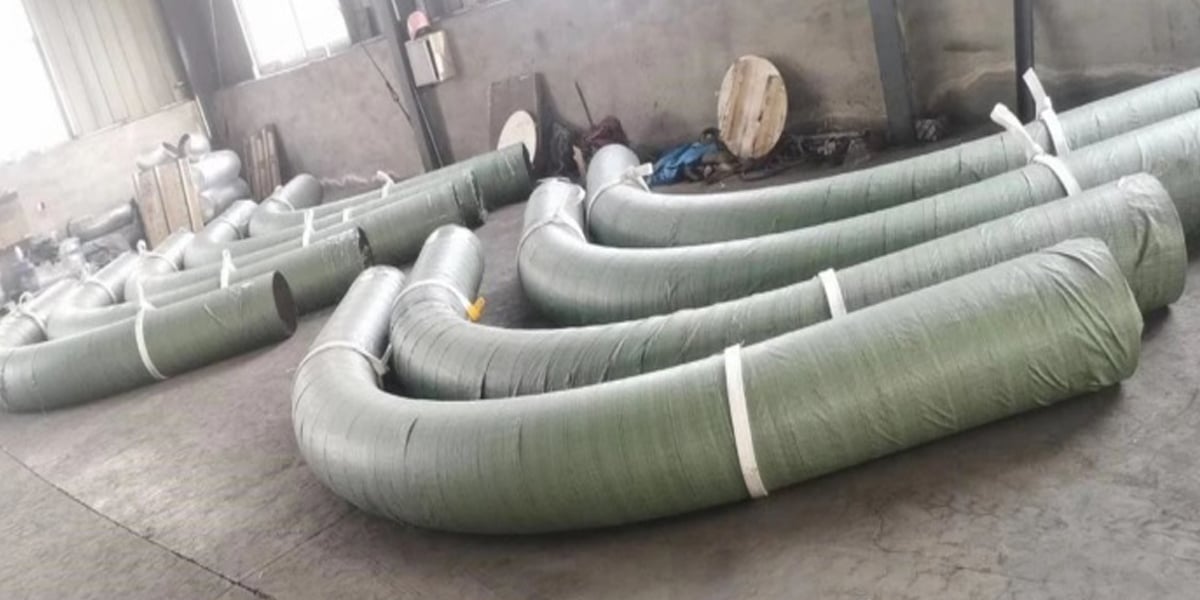
Why Choose AS 1163 Steel Pipes for Machinery Structural Components?
1. High Strength Performance: AS 1163 steel pipes offer high strength and a high yield strength, making them particularly suitable for machinery structures that need to bear heavy loads and high pressures. Depending on the grade (such as C350, C450, and C550), the yield strength of the steel pipes can range from 350 MPa to 550 MPa, ensuring outstanding load-bearing capacity and stability. For support and load-bearing structures in machinery, the strong strength ensures that the structure remains stable and safe under heavy loads.
2. Good Impact Resistance and Fatigue Resistance: AS 1163 steel pipes not only provide high strength but also exhibit excellent impact resistance and fatigue performance, maintaining structural integrity under dynamic loads and long-term use. Machinery often faces vibrations, impacts, and repetitive loads, and these steel pipes effectively distribute stress, preventing crack propagation and sudden failure, thus enhancing the safety of the machinery structure.
3. Formability and Weldability: AS 1163 steel pipes are known for their excellent formability and weldability, making them easy to process and connect, meeting various design requirements of machinery structures. The good weldability of the steel pipes allows for quick assembly through welding or other connection methods, facilitating the assembly of complex structures. Additionally, these pipes retain good performance after being cold or hot bent, making them suitable for applications that require bending.
4. Corrosion Resistance and Surface Treatment Capability: AS 1163 steel pipes are suitable for use in harsh environments due to their good corrosion resistance. By applying surface treatments such as hot-dip galvanizing, the steel pipes can effectively resist corrosion in external environments, extending their service life. This is particularly important for machinery structural components used outdoors or in damp environments. Enhanced corrosion resistance ensures long-term stable operation and reduces maintenance costs.
5. Optimized Processing and Assembly Methods: AS 1163 steel pipes are highly flexible during processing and assembly, making them suitable for various processing methods such as cutting, bending, and welding, which can be customized based on different design requirements. This flexibility in processing allows AS 1163 steel pipes to be widely used in complex machinery structures, such as support brackets, conveyor systems, and framework structures, further enhancing their value in the machinery industry.
6. Cost-Effectiveness: Despite the high strength and durability of AS 1163 steel pipes, they are relatively economical to produce, offering a good cost-performance ratio for machinery structural components. For industries that require large volumes of steel pipes, AS 1163 steel pipes provide a cost-effective material choice, ensuring both quality and cost control.
7. Compliance with International Standards and Certification: AS 1163 steel pipes comply with Australian/New Zealand standards and undergo strict quality control, ensuring their reliability in various engineering applications. For machinery industries that need to meet international standards, AS 1163 steel pipes provide high-quality assurance and meet project requirements.
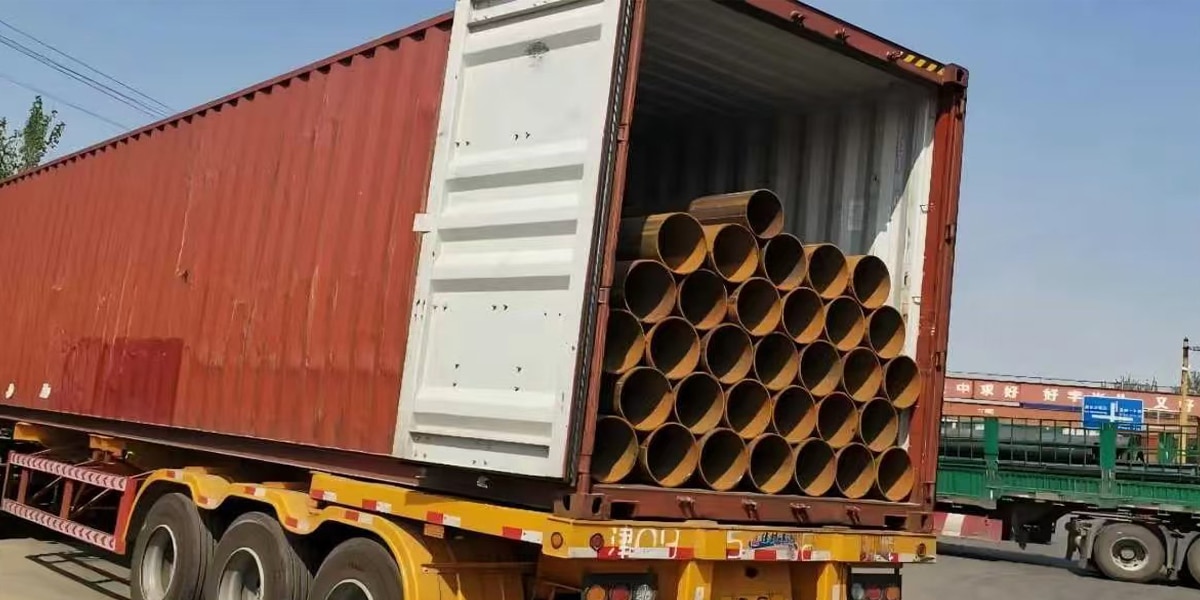
provide a cost-effective material choice, ensuring both quality and cost control.7. Compliance with International Standards and CertificationAS 1163 steel pipes comply with Australian/New Zealand standards and undergo strict quality control, ensuring their reliability in various engineering applications. For machinery industries that need to meet international standards, AS 1163 steel pipes provide high-quality assurance and meet project requirements!

